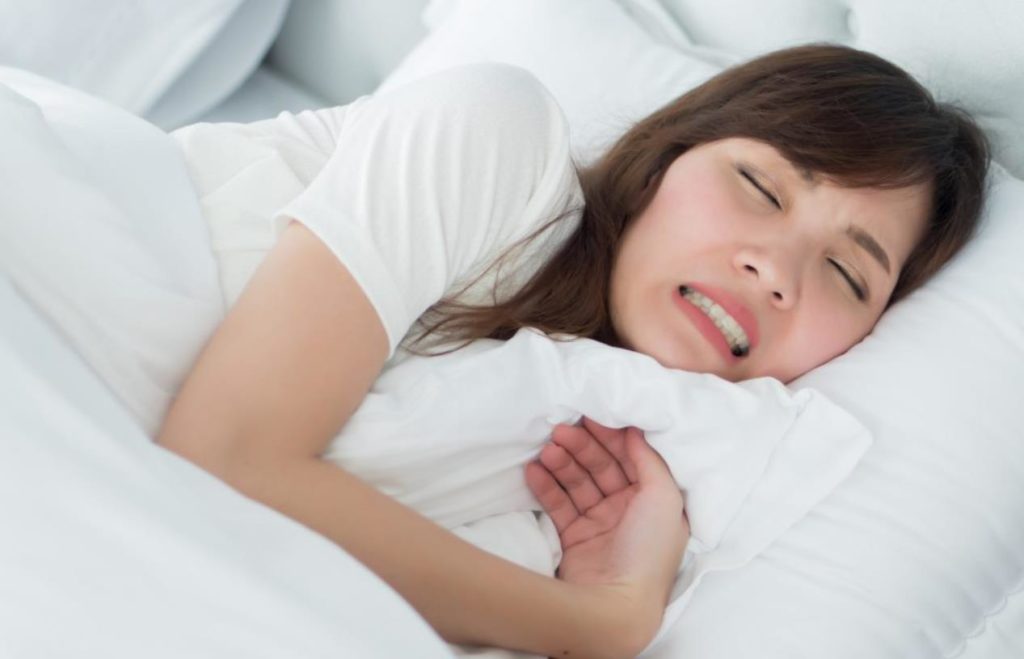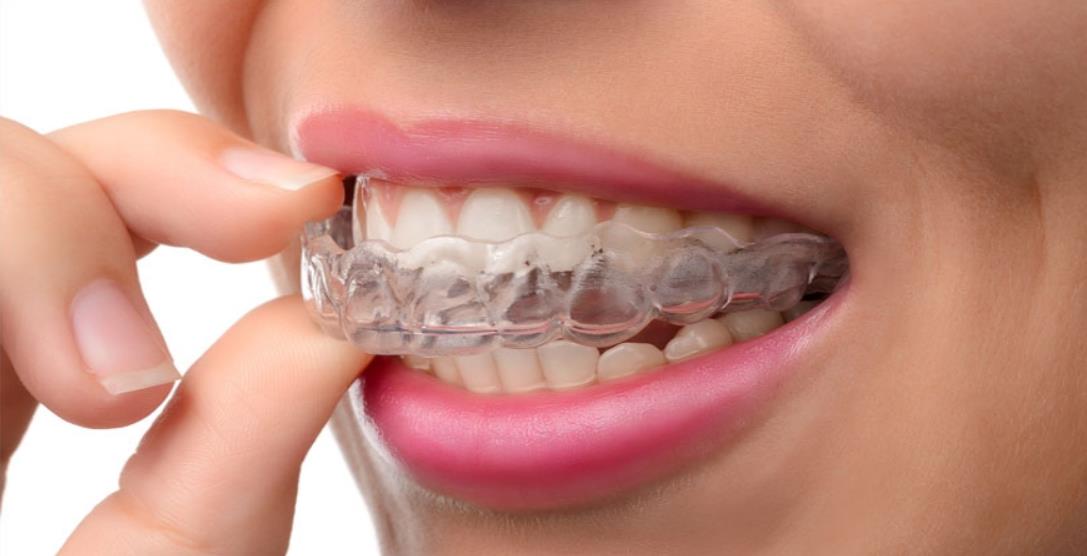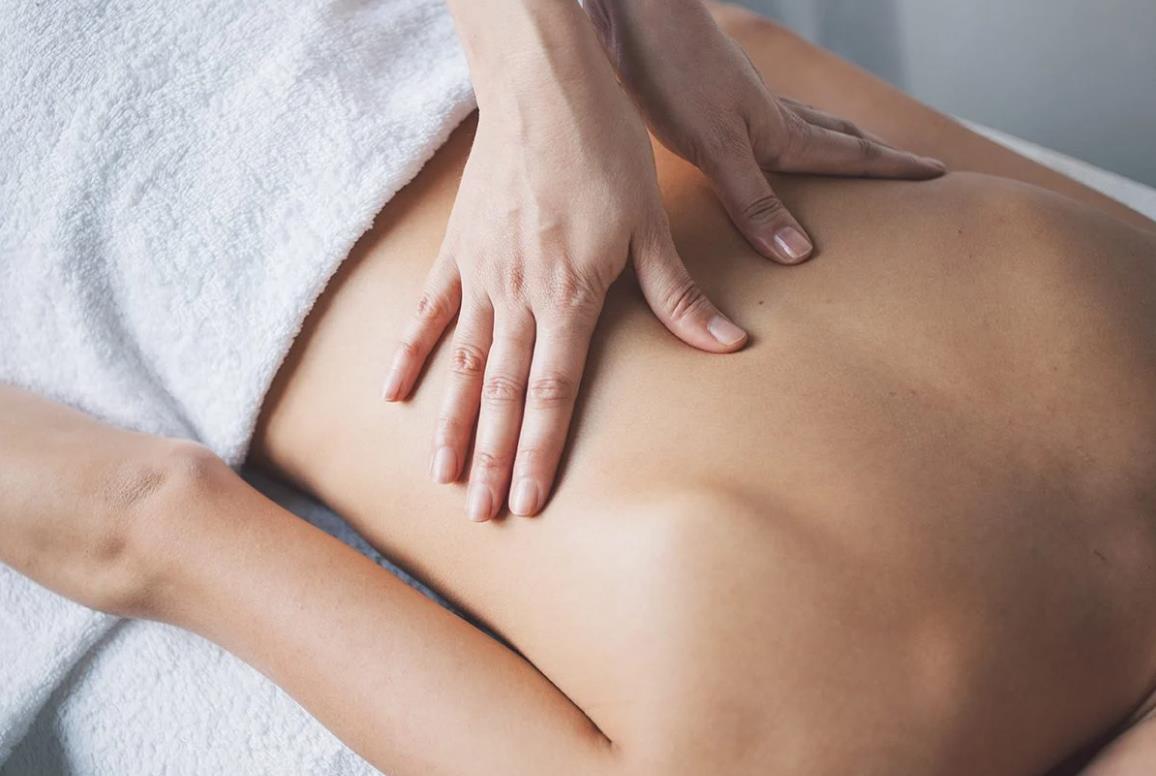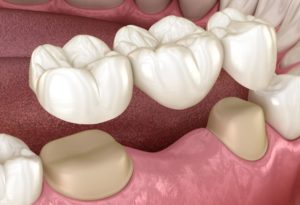Bruxism, better known as teeth grinding, can cause serious long-term dental problems. While clenching your teeth happens involuntarily, especially during sleep, sustained grinding can lead to various painful and annoying symptoms. Most people don’t even realize they do it, but symptoms like headaches, facial pain, earache, jaw stiffness, worn-down teeth, etc., are tell-tale signs. So how to stop teeth grinding?
Here are some of the most effective tips that you can incorporate into your lifestyle to stop grinding your teeth.
How to stop teeth grinding
Use a mouth guard
Nighttime mouth guard is different from martial arts and sports mouth guard. They, however, serve the same purpose – to protect the teeth and jaw.
Constant teeth grinding can wear down the enamel of the teeth, making them brittle and more vulnerable to cavities. A nighttime guard works by providing a soft protective layer between your upper and lower teeth, minimizing the force of clenching and grinding. While this will not stop your bruxism, it will greatly minimize the damage on your teeth and take care of your jaw.
You can get a custom-made mouth guard from your dentist or buy it from any health and drug stores. Custom-made mouthguards are the best as it will be contoured specifically to the structure of your mouth and teeth, giving you the best fit. Custom-made mouth guards are also used for minimizing snoring and sleep apnea.
Sweat it out
Experts believe stress has a lot to do with bruxism. This is because tension is manifested through teeth grinding. Adding exercise in your weekly routine and sweating regularly will help you release stress and minimize tension.
When you are new to exercise, make sure you start slow and build your conditioning. You can also explore various activities to help you relax. The key to stay consistent is to keep your exercise fun and engaging.
Exercise your mouth
Speaking of exercise, you can also specifically target your mouth and jaw muscles to improve your jaw’s range of motion and help reduce pain. Here’s one example of effective mouth exercise:
- Gently close your lips without your top and bottom teeth touching from each other.
- Press your tongue to the roof of your mouth without touching your teeth.
- Hold this position for as much as you can and repeat.
Chill out before bedtime
All the tension in your body, especially around your jaw, must be released before you go to bed. This is one of the simplest yet most effective tricks on how to stop teeth grinding. Try some relaxation techniques and pamper yourself.
- Drink warm herbal tea (non-caffeinated of course) to warm and relax your mouth and jaw muscles
- Take a warm bath before bedtime
- Use warm wet towel or heating pad to warm your jaw
Reduce stress
Stress is found to be a major contributor to bruxism. Stress can cause you to tighten your jaw leading to teeth grinding. Thus, stress release and relaxation techniques are important to manage bruxism. Activities like meditation, yoga, and deep breathing exercises, are all effective techniques.
Get a massage
A whole body massage is excellent if you want a good night’s sleep. You can also target the muscles surrounding your jaw with a facial massage. Pressing and rubbing your jaw can also help reduce the tension built from a day’s work.
Here’s how you can massage your jaw:
- Place both hands around your temporomandibular joint (TMJ, the joint that connects the skull and lower jaw)
- Open your mouth slowly and hold it open for 10 seconds
- Close your jaw slowly
- Perform for 10 minutes, 2 to 3 times a day
Performing this exercise will help stretch and relax the muscles surrounding your jaw. It will not be able to stop teeth grinding but it can help manage the symptoms.
Be mindful of your clenching
You may not be able to stop yourself from clenching your jaw while asleep, but you can be more conscious about it when you’re awake. Let go of stress and be more mindful of your clenching. This will help you spot certain situations and triggers that cause you to clench your jaw and learn to avoid them.
When you recognize yourself clenching or grinding your teeth, relax and let your jaw hang for a moment and keep it in a relaxed position.
Avoid hard and chewy food
Chewing gum, steak, popcorn, and biting on ice can all contribute to stress on your jaw joint and lead to bruxism. The same goes to sticky foods that are hard to remove such as peanut butter and gummy worms. Make sure you avoid these foods.
Parting Tips
Teeth clenching and grinding is a fairly common condition. Fortunately, there are ways to address it and minimize its effects on your body. If you want to know how to stop teeth grinding, consult your dentist and/or a sleep specialist to properly diagnose and treat the condition before it gets worse.


























